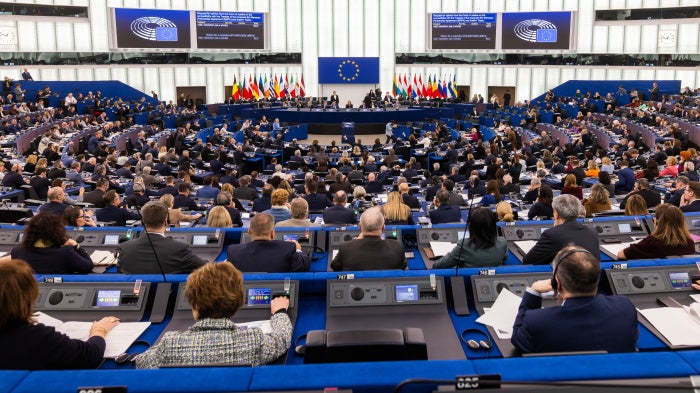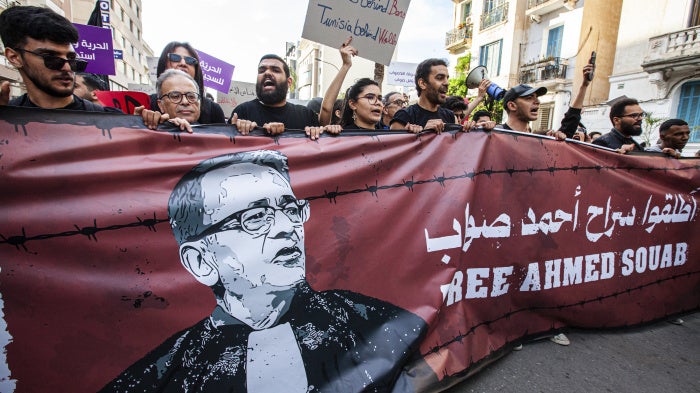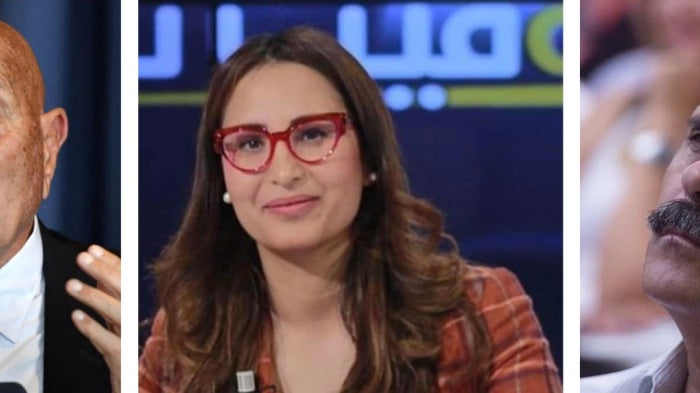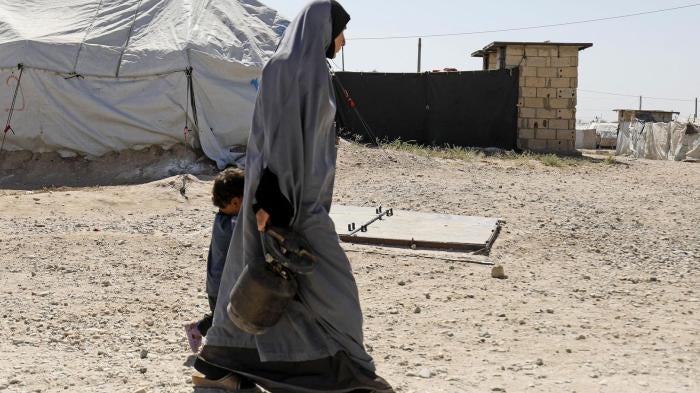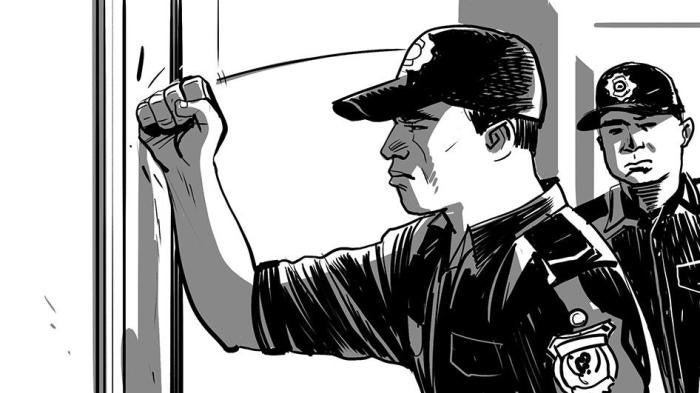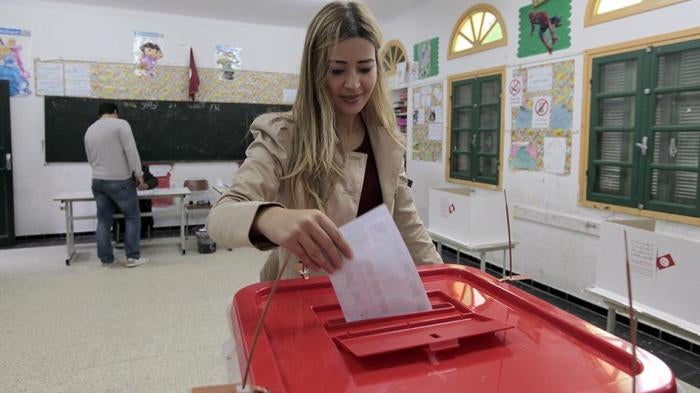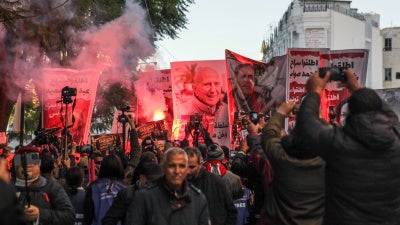
Tunisia
Tunisian authorities intensified repression of political opposition and other critical voices by carrying out mass arrests, imprisoning journalists, and targeting civil society groups. As of November 2024, over 80 people were detained on political grounds or for exercising their fundamental rights, including political opponents, activists, lawyers, journalists, human rights defenders, and social media users. Authorities undermined the integrity of the October 2024 presidential election to ensure President Kais Saied’s re-election, including by excluding or imprisoning prospective challengers and amending the electoral law just days before the election. Tunisian security forces continued abuses against migrants, asylum seekers, and refugees with impunity. The European Union continued efforts to enhance migration cooperation with Tunisia despite ongoing violations.
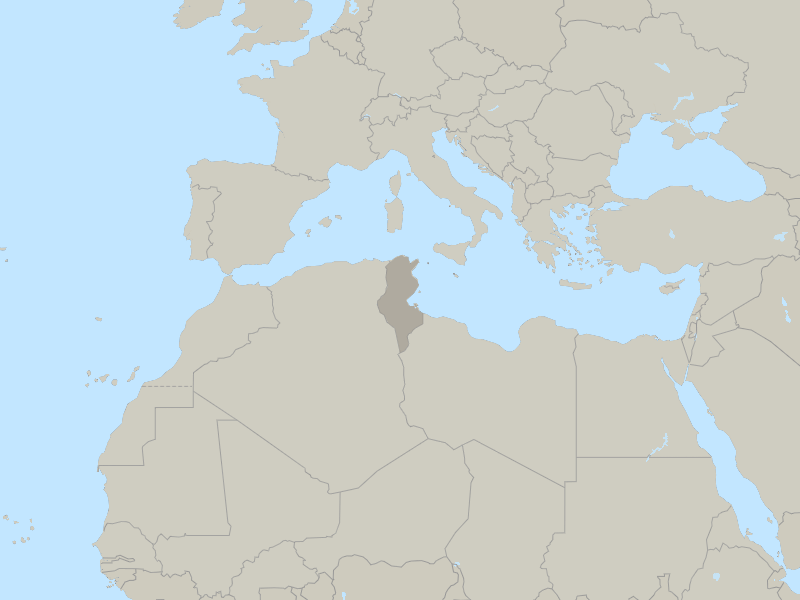
Videos
Videos-

-

-
July 19, 2023
Tunisia: No Safe Haven for Black African Migrants, Refugees
Security Forces Abuse Migrants; EU Should Suspend Migration Control Support

-
July 18, 2023
Middle East and North Africa: End Curbs on Women’s Mobility
Male Guardianship Rules Hamper Travel, Other Movement

News
-
November 28, 2025
Tunisia: Harsh Sentences in ‘Conspiracy Case’ Appeal

-
November 24, 2025
Tunisia: Abusive Prosecutions of Refugee Group
Drop Charges, Release Those Detained
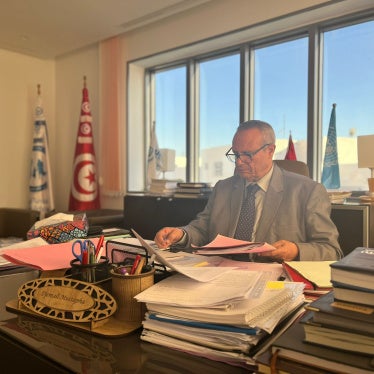
-
November 14, 2025
Tunisia: Overturn Unjust ‘Conspiracy’ Trial Convictions
End Sham Trial; Release Those Arbitrarily Detained

-
October 8, 2025
Tunisia: Death Sentence for Facebook Posts
Unprecedented Sentence for Peaceful Expression

-
September 26, 2025
Shadow Report on the Implementation of the African Charter on Human and Peoples’ Rights and the Protocol to the African Charter on Human and Peoples’ Rights by Tunisia
Submitted to the African Commission on Human and Peoples’ Rights under Rule 79(3) of the 2020 Rules of Procedure of the Commission at its 85th Ordinary Session (October 21-30, 2025) in Banjul

-
May 12, 2025
The EU Has Simply Abandoned Human Rights in Tunisia

-
April 22, 2025
Tunisia: Harsh Sentences in ‘Conspiracy Case’ Sham Trial
Quash Unfair Proceedings; End Abusive Mass Prosecutions

-
April 16, 2025
Tunisia: Arbitrary Detention Crushes Dissent
Dozens of Critics Behind Bars on Abusive Charges

-
March 27, 2025
Tunisia's Withdrawal of Individuals’ and NGOs’ Access to the African Court Marks a Serious Setback for Human Rights Accountability

-
March 5, 2025
Abusive Conspiracy Trial Opens in Tunis
Defendants Could Face the Death Penalty if Convicted

